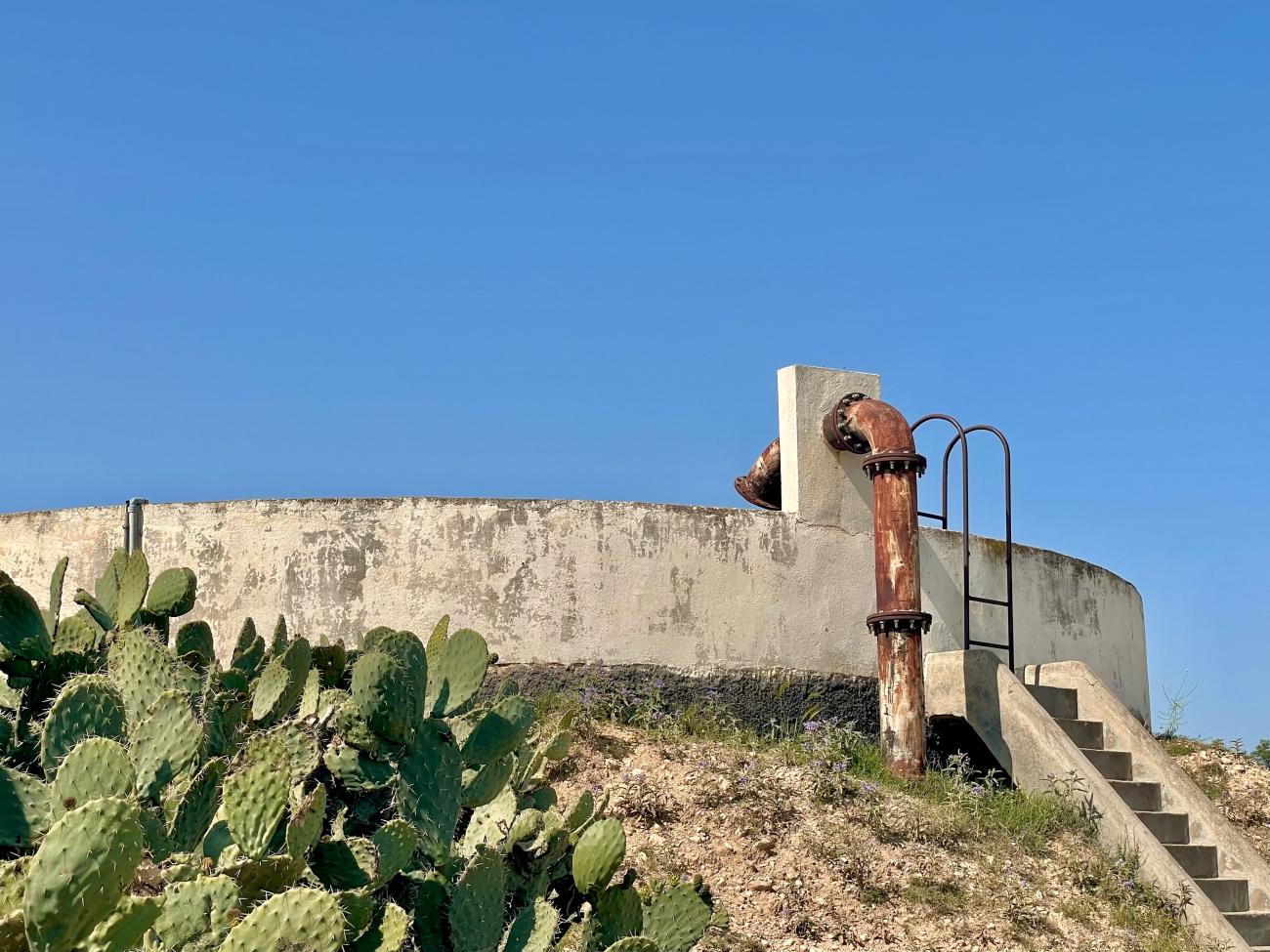
When faced with challenging environmental, political, and social conditions, self-managed systems for water management face systemic barriers to collective action according to a new study.
Sophie Bhalla (Erfurth), DPhil student and Matthias Wildemeersch, Senior Researcher at the ECI looked into how running out of groundwater affects farming and the people who depend on it, focusing on Tunisia.
In the study, the researchers developed an evolutionary model to show the consequences of individual farmer behaviour on local water groups, and took into account a local system of governance for common-pool resources, through local leadership and informal peer monitoring.
The findings are revealed in the paper, The role of interacting social and institutional norms in stressed groundwater systems, published in the Journal of Environmental Management.

Sophie, who was co-supervised by Constance McDermott, Land, Society & Governance programme lead at the Environmental Change Institute (ECI), said:
Our paper highlights practical limits of collective action in politically fragile systems suffering from groundwater depletion. Grounding behavioural models in real-world quantitative and qualitative data can help to trace interacting social and institutional norms of water user/farmer decision-making in stressed aquifers.”
Matthias added: "We studied how varying levels of local leadership and social trust affect decisions to over-extract groundwater. While social trust has limited impact in stressed groundwater systems, strong local leadership on the other hand has a better ability to sustain collective action for effective water resource management.”
Find out more about the study in this video.
Read the paper in full: The role of interacting social and institutional norms in stressed groundwater systems

